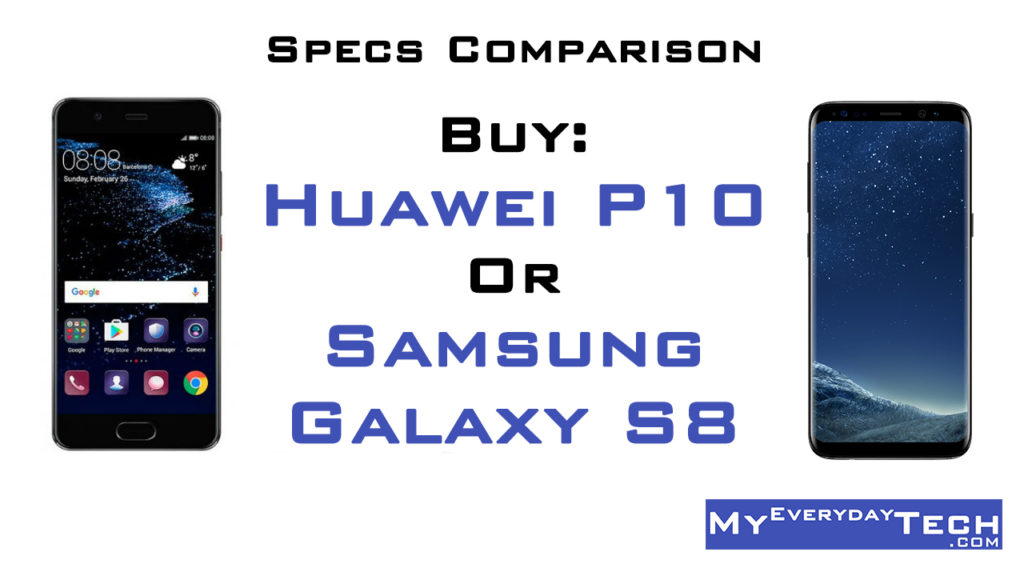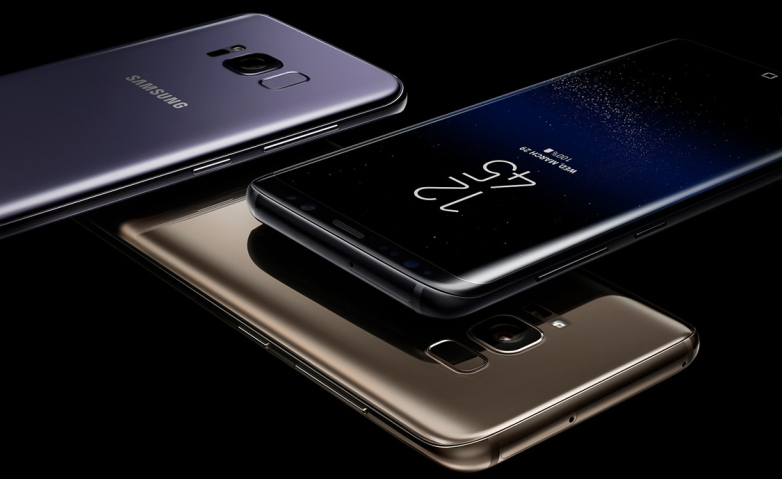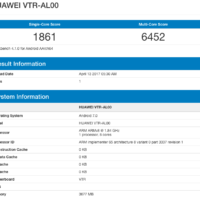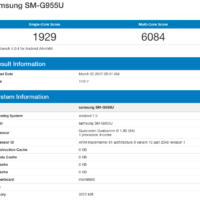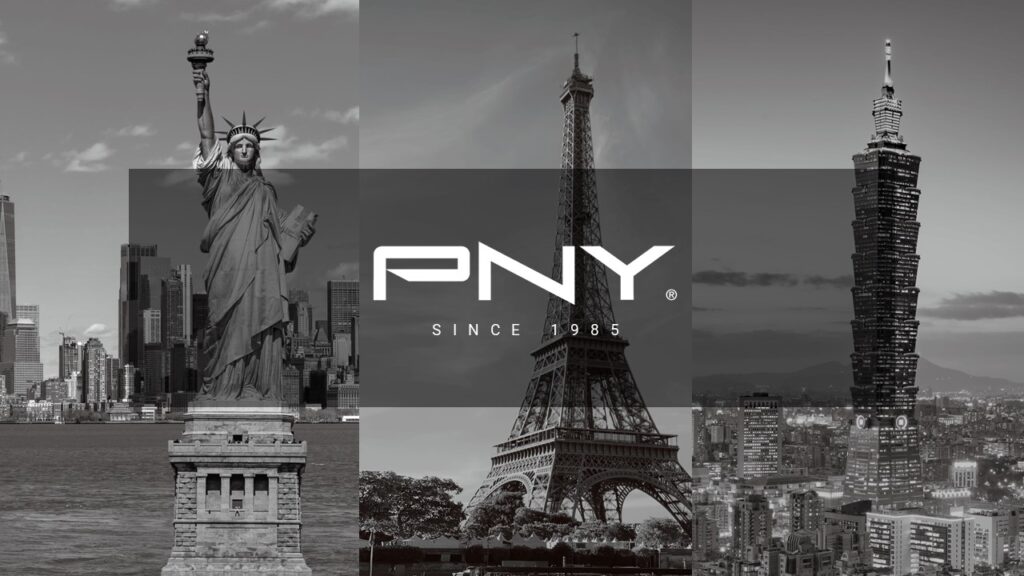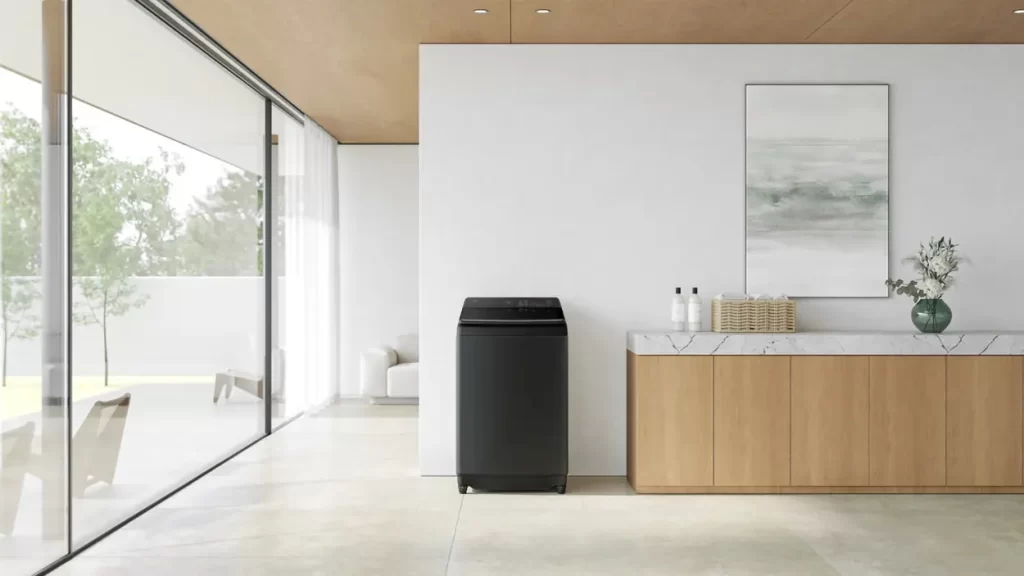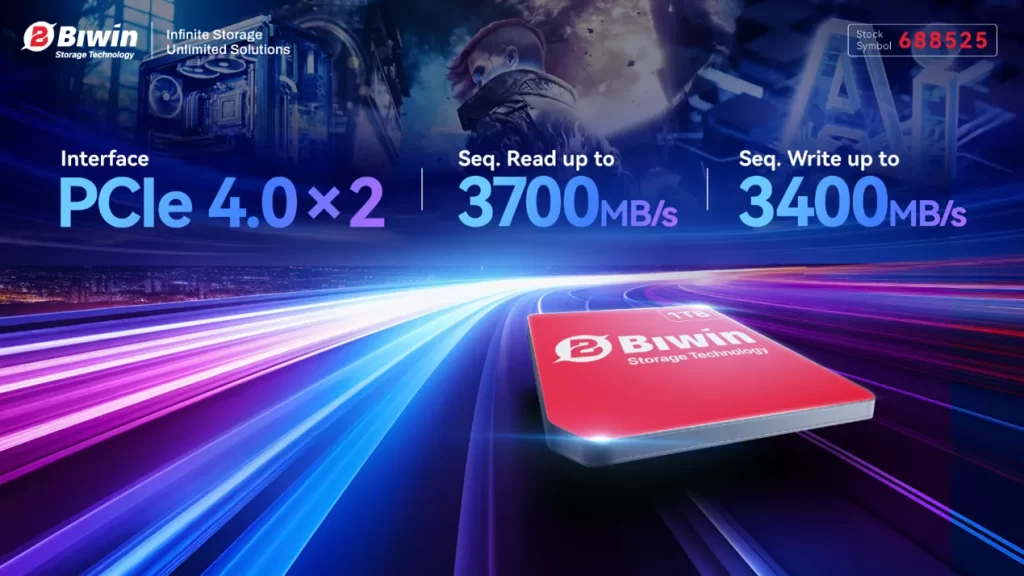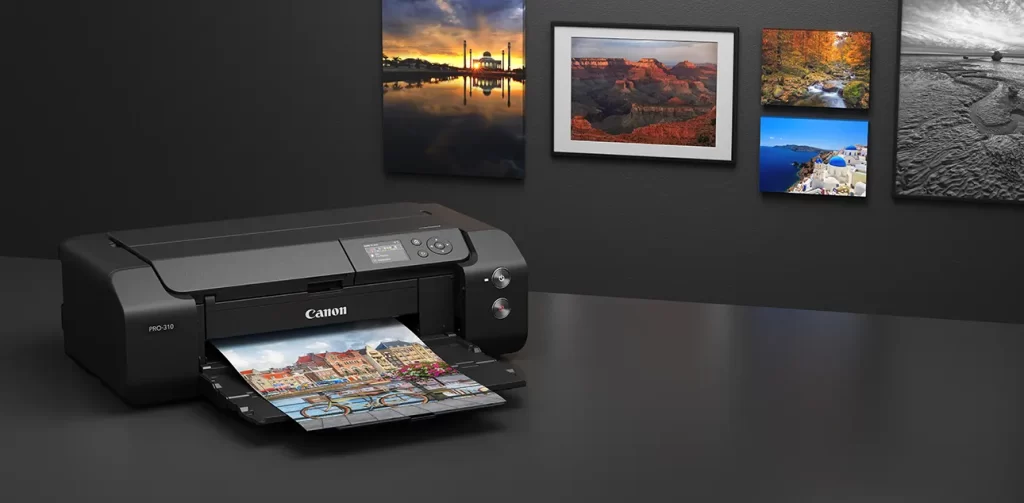Buy: Huawei P10 or Samsung Galaxy S8
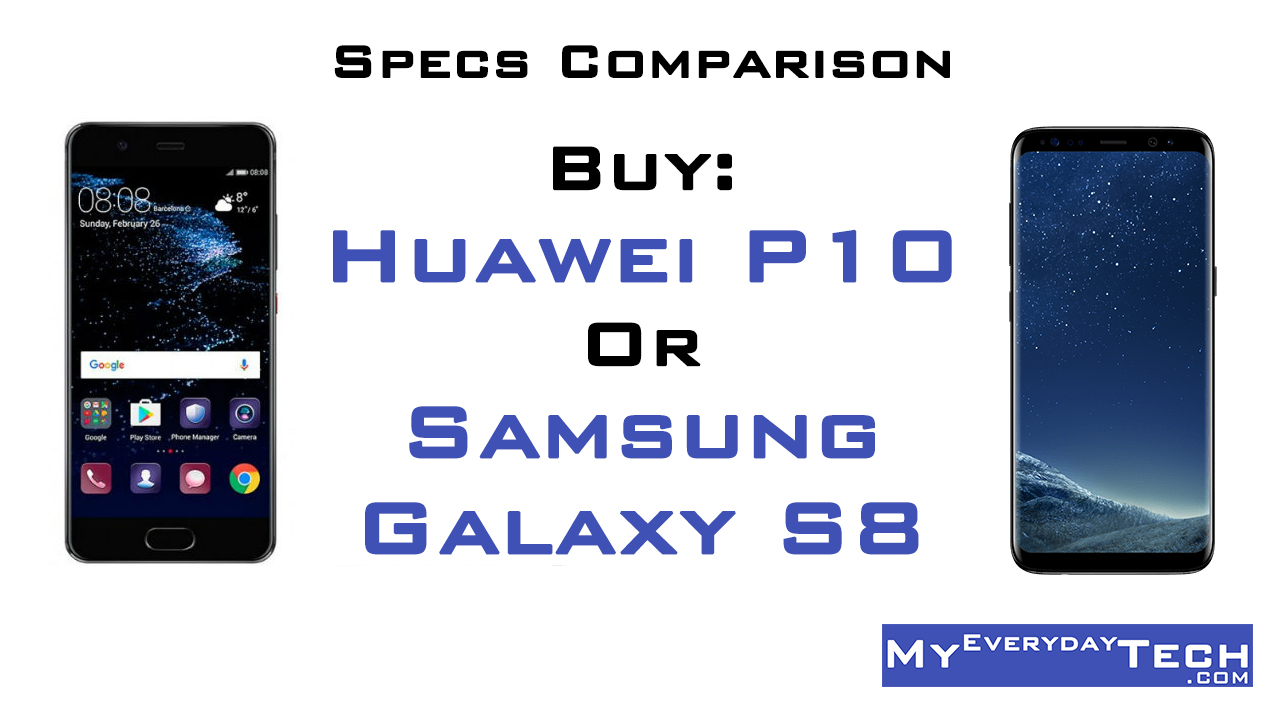
Earlier yesterday, I met a really cool guy at the coffee shop while I was composing my ideas for my upcoming contents. Our conversation soon leads to whether he should be upgrading to the Huawei P10 or the Samsung Galaxy S8. For the obvious reason, Huawei P10 and P10 Plus is now available in Malaysia and this week, Samsung Malaysia also started accepting pre-orders for the Galaxy S8 and S8+, which is expected to be available next month. Both China and South Korean giant offer great flagship devices and they fall around the same price range.
We had a brief run through on the phone specifications and upon analysing his usage behaviour and requirements, he now has a better understanding what he needs and wants. Apparently, he is not the first and certainly will not be the last person to face this dilemma. If you, too, are currently facing difficulty in choosing the best phone among the offerings from this two companies, I hope this comparison article will help you to decide which phone that best fits your requirements.
Mind you that we are talking about design and specifications here instead of real life hands-on or usage. I’m will try to break down the specifications and design on each phone and talk about who might prefer which features.
Design
The P10 family received a modest redesign, mainly on adding extra curvature to the corners, making it feel less “boxy” comparing to the P9. The main attraction of the P10 family is that has 8 different colours and 3 different finish, now available in Graphite Black and Dazzling Gold, others to arrive soon:
- Dazzling Gold
- Dazzling Blue
Matte sandblasted:
- Greenery
- Graphite Black
- Rose Gold
- Mystic Silver
- Prestige Gold
High Gloss:
- Ceramic White
The new Galaxy S8 family has been overhauled with a brand new design in order to support the new massive 18:9 ratio display. It is a totally new design that you have never seen on any other Samsung devices, or other devices, except the LG G6. At launch, the S8 family comes in 3 colours:
- Midnight Black
- Orchid Grey
- Maple Gold
Subjective – up to personal preference
If you want the crowd’s attention and bragging rights, get the S8 family. *chicks not guaranteed
If you want to have a more conventional smartphone with more colour choices, get the P10 family. *Dazzling series is bae
Display
| Huawei P10 | Samsung Galaxy S8 | Huawei P10 Plus | Samsung Galaxy S8+ | |
| Display | 5.1 inches 1920*1080 Full HD IPS-NEO LCD 432 PPI | 5.8-inches 2960*1440 WQHD+ Super AMOLED 570 PPI | 5.5 inches 2560*1440 QHD IPS-NEO LCD 540 PPI | 6.2-inches 2960*1440 WQHD+ Super AMOLED 529 PPI |
Subjective – Up to personal preference
With the brand new display ratio of 18:9, at the time of writing, only the LG G6 is sharing the same display ratio. Hence this is a very new feature and hardly any mainstream multimedia content is specially catered for this aspect ratio.
If you wish to be an early adopter for the new display, the Samsung Galaxy S8 could be your choice. The screen itself is the Wow factor.
Then the P10 family has remained true to its roots with the 1080p display for the P10, while 1440p display for the P10 Plus. At 432 PPI and 540 PPI respectively, the display has more than enough sharpness for the consumers.
Speakers
- Huawei P10
Single downward facing speaker - Samsung Galaxy S8
Single downward facing speaker - Huawei P10 Plus
Dual speakers ~ Single downward facing speaker & single earpiece speaker - Samsung Galaxy S8+
Single downward facing speaker
Winner – Huawei P10 Plus
Hands down, the P10 Plus is the winner here with its dual speaker configuration. The Huawei P9 Plus and Huawei Mate 9 both comes with dual speakers, but they are different from the standard stereo speakers. The bottom speaker mainly outputs the lower frequencies while the earpiece responsible for the higher frequency sounds. In this configuration, the produced sound has more frequency range. Perfect for videos and games.
Camera
Huawei P10 vs Samsung Galaxy S8
| Huawei P10 | Samsung Galaxy S8 | Huawei P10 Plus | Samsung Galaxy S8+ | |
| Camera (rear) | Leica Dual Camera 2.0 20 MP Monochrome + 12 MP RGB f/2.2 aperture PDAF, CAF, Laser AF, Depth Dual tone LED flash OIS | 12 MP f/1.7 aperture Dual Pixel AF, PDAF Dual tone LED flash OIS | Leica Dual Camera 2.0 20 MP Monochrome + 12 MP RGB f/1.8 aperture PDAF, CAF, Laser AF, Depth Dual tone LED flash OIS | 12 MP f/1.7 aperture Dual Pixel AF, PDAF Dual tone LED flash OIS |
| Camera (front) | 8 MP f/1.9 aperture | 8 MP f/1.7 aperture AF | 8 MP f/1.9 aperture AF | 8 MP f/1.7 aperture AF |
Subjective – Huawei P10 Plus & Samsung Galaxy S8/S8+
From the specs alone, it is impossible tell if any of them will produce the best quality image, but we can try to break down some of their features and see if any of those features will fit your needs.
First, image quality. The Huawei P10 Plus’s Leica Dual Camera 2.0 has been upgraded with a brighter f/1.8 lens as well as the 20 MP monochrome sensor for the details. Meanwhile, the S8’s camera has retained the same module from the S7/S7edge. As the P9 is having almost similar image quality as the S7/S7edge, it seems promising for the Huawei’s new camera to overcome the S8’s camera.
Second, autofocus. Samsung Galaxy S8/S8+ should have the advantage in the autofocus department due to the Dual Pixel AF technology which provides lightning fast autofocus.
Third, fun. If you love black and white photography. Look no further than the Leica Dual Camera’s monochrome mode. Genuine contrasty black and white photographs unlike any other B&W filters which seems washed out. Below are the photos taken using Huawei Mate 9’s Leica Dual Camera 2.0
Software
| Huawei P10 | Samsung Galaxy S8 | Huawei P10 Plus | Samsung Galaxy S8+ | |
| Operating System | Android 7.0 Nougat EMUI 5.1 | Android 7.0 Nougat Dream UX | Android 7.0 Nougat EMUI 5.1 | Android 7.0 Nougat Dream UX |
Subjective – If you’ll ever use that feature?
Both having redesigned visual elements. Both runs on latest Android 7.0 Nougat with all the goodies from Google such as bundled notification, Google Assistant and etc.
Huawei comes with Machine Learning Algorithm, which studies your usage behaviour and habit to accomodate the CPU and RAM resources when you need it most.
Samsung comes with Samsung Pay, DeX (turn S8 into desktop environment) and Bixby personal assistant that is alike the Google Assistant.
Performance
| Huawei P10 | Samsung Galaxy S8 | Huawei P10 Plus | Samsung Galaxy S8+ | |
| CPU & GPU | HiSilicon Kirin 960 4 x 2.4 GHz Cortex-A73 4 x 1.8 GHz Cortex-A53 Mali-G71 MP8 | Exynos 8895 4 x 2.5 GHz Samsung M2 4 x 1.7 GHz Cortex-A53 Mali-G71 MP20 | HiSilicon Kirin 960 4 x 2.4 GHz Cortex-A73 4 x 1.8 GHz Cortex-A53 Mali-G71 MP8 | Exynos 8895 4 x 2.5 GHz Samsung M2 4 x 1.7 GHz Cortex-A53 Mali-G71 MP20 |
| RAM | 4 GB | 4 GB | 6 GB | 4 GB |
| Storage | 64 GB supporting MicroSD up to 256 GB (uses SIM 2 slot) | 64 GB supporting MicroSD up to 256 GB (uses SIM 2 slot) | 128 GB supporting MicroSD up to 256 GB (uses SIM 2 slot) | 64 GB supporting MicroSD up to 256 GB (uses SIM 2 slot) |
Performance Winner – Subjective
Judging from the above Geekbench benchmark scores, it seems both Exynos and Kirin chipset are having almost similar performance. For the Huawei having better multi-core performance, while the Samsung having better single-core performance. Take note that benchmark score don’t translate to real life usage experience.
Source: Huawei VTR-AL00 & Samsung SM-G955U
Multitask & onboard storage – Huawei P10 Plus
If you’re heavy user who multitasks a lot and takes a lot of photos and videos, the Huawei P10 Plus offers 6 GB RAM and 128 GB of onboard storage. On the other hand, Samsung Galaxy S8 do have a 6 GB RAM and 128 GB model, but that model is exclusive for the China market only.
Power Efficiency Winner – Samsung Galaxy S8/S8+
Exynos 8895’s transistor gate width of 10nm wins in terms of power efficiency.
Battery
| Huawei P10 | Samsung Galaxy S8 | Huawei P10 Plus | Samsung Galaxy S8+ | |
| Battery | Non-removable 3200 mAh Li-Ion | Non-removable 3000 mAh Li-Ion | Non-removable 3750 mAh Li-Ion | Non-removable 3500 mAh Li-Ion |
Tie? Huawei P10/P10 Plus and Samsung Galaxy S8+
Here’s the trickiest part of all.
Like we mentioned just now, the Exynos chip should be more efficient than the Kirin, but the S8 and S8+ comes with smaller battery and larger display with higher pixel density. Meanwhile, the Huawei P10/P10 Plus has higher battery capacity and smaller display, but with slightly less efficient chipset.
So? They might be having the same battery life after all, with the exception of the Samsung Galaxy S8 because of that massive 5.8-inch display and miniature 3000 mAh battery. That’s kind of worrying.
Price
| Huawei P10 | Samsung Galaxy S8 | Huawei P10 Plus | Samsung Galaxy S8+ | |
| Price | RM 2,499 | RM 3,299 | RM 3,099 | RM 3,699 |
Winner – Huawei P10 family
Not much I can say here. The P10 Plus that offers 6 GB RAM and 128 GB storage at RM 3,099 which is still RM 200 cheaper than the standard S8.
Conclusion
Buy the Huawei P10/P10 Plus for:
- Excellent dual speakers (Huawei P10 Plus)
- Front mounted fingerprint scanner
- Excellent Leica dual camera 2.0 with awesome monochrome sensor
- 6 GB RAM & 128 GB storage (Huawei P10 Plus)
- Lower price
Buy the Samsung Galaxy S8/S8+ for:
- Massive Infinity Screen
- IP68 water & dust resistant
- Iris & face scanning
- Latest & more efficient Exynos 8895
If you’re still reading this, thank you. I hope all the above explanations would help you to decide which phone is more suitable for you.
General Specifications
| Huawei P10 | Samsung Galaxy S8 | Huawei P10 Plus | Samsung Galaxy S8+ | |
| CPU & GPU | HiSilicon Kirin 960 4 x 2.4 GHz Cortex-A73 4 x 1.8 GHz Cortex-A53 Mali-G71 MP8 | Exynos 8895 4 x 2.5 GHz Samsung M2 4 x 1.7 GHz Cortex-A53 Mali-G71 MP20 | HiSilicon Kirin 960 4 x 2.4 GHz Cortex-A73 4 x 1.8 GHz Cortex-A53 Mali-G71 MP8 | Exynos 8895 4 x 2.5 GHz Samsung M2 4 x 1.7 GHz Cortex-A53 Mali-G71 MP20 |
| RAM | 4 GB | 4 GB | 6 GB | 4 GB |
| Storage | 64 GB supporting MicroSD up to 256 GB (uses SIM 2 slot) | 64 GB supporting MicroSD up to 256 GB (uses SIM 2 slot) | 128 GB supporting MicroSD up to 256 GB (uses SIM 2 slot) | 64 GB supporting MicroSD up to 256 GB (uses SIM 2 slot) |
| Display | 5.1 inches 1920*1080 Full HD IPS-NEO LCD | 5.8-inches 2960*1440 WQHD+ Super AMOLED | 5.5 inches 2560*1440 QHD IPS-NEO LCD | 6.2-inches 2960*1440 WQHD+ Super AMOLED |
| Camera (rear) | Leica Dual Camera 2.0 20 MP Monochrome + 12 MP RGB f/2.2 aperture PDAF, CAF, Laser AF, Depth Dual tone LED flash OIS | 12 MP f/1.7 aperture Dual Pixel AF, PDAF Dual tone LED flash OIS | Leica Dual Camera 2.0 20 MP Monochrome + 12 MP RGB f/1.8 aperture PDAF, CAF, Laser AF, Depth Dual tone LED flash OIS | 12 MP f/1.7 aperture Dual Pixel AF, PDAF Dual tone LED flash OIS |
| Camera (front) | 8 MP f/1.9 aperture | 8 MP f/1.7 aperture AF | 8 MP f/1.9 aperture AF | 8 MP f/1.7 aperture AF |
| Battery | Non-removable 3200 mAh Li-Ion | Non-removable 3000 mAh Li-Ion | Non-removable 3750 mAh Li-Ion | Non-removable 3500 mAh Li-Ion |
| Operating System | Android 7.0 Nougat EMUI 5.1 | Android 7.0 Nougat Dream UX | Android 7.0 Nougat EMUI 5.1 | Android 7.0 Nougat Dream UX |
| SIM | Dual SIM Nano SIM | Dual SIM Nano SIM | Dual SIM Nano SIM | Dual SIM Nano SIM |
| Connectivity | GSM / HSPA / LTE Wi-Fi 802.11 a/b/g/n/ac Bluetooth 4.2 GPS with A-GPS | GSM / HSPA / LTE Wi-Fi 802.11 a/b/g/n/ac Bluetooth 5.0 GPS with A-GPS | GSM / HSPA / LTE Wi-Fi 802.11 a/b/g/n/ac Bluetooth 4.2 GPS with A-GPS | GSM / HSPA / LTE Wi-Fi 802.11 a/b/g/n/ac Bluetooth 5.0 GPS with A-GPS |
| Price | RM 2,499 | RM 3,299 | RM 3,099 | RM 3,699 |

